
Positive Mobility
eMagTolls: no barriers to innovation!
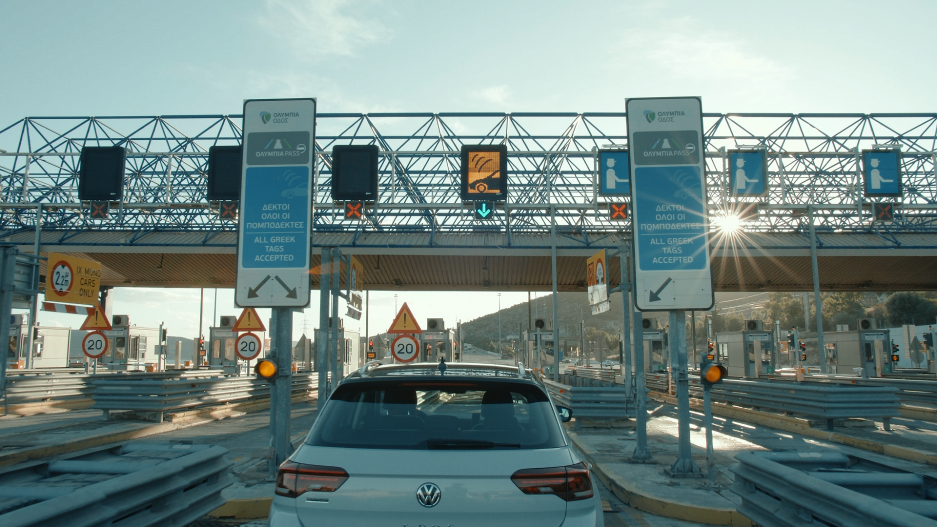
Tolls are emerging as a source of innovations. Free-flow, contactless, charging per kilometre and recycling are just some of the solutions developed by VINCI Highways. The aim is twofold: help traffic flow more freely and take climate action, making journeys more sustainable and enjoyable. From Peru to Greece, Ireland to the USA, we take a look at new, game-changing ideas in payment methods around the world.
Free-flow and contactless: seamless and environmentally friendly
Paying vehicle tolls has long been a stop-start process, raising two issues in today’s world: the lack of journey fluidity, and the pollution generated by vehicles as they stop and start. VINCI Highways, a subsidiary of VINCI Concessions, has worked on ways to meet these challenges in a context of rapid urban growth and the fight against the climate emergency. The free-flow payment system is one of the most popular innovations. It means that drivers no longer have to stop or even slow down at toll gates: cameras, sensors and beacons automatically read licence plates on users’ vehicles.
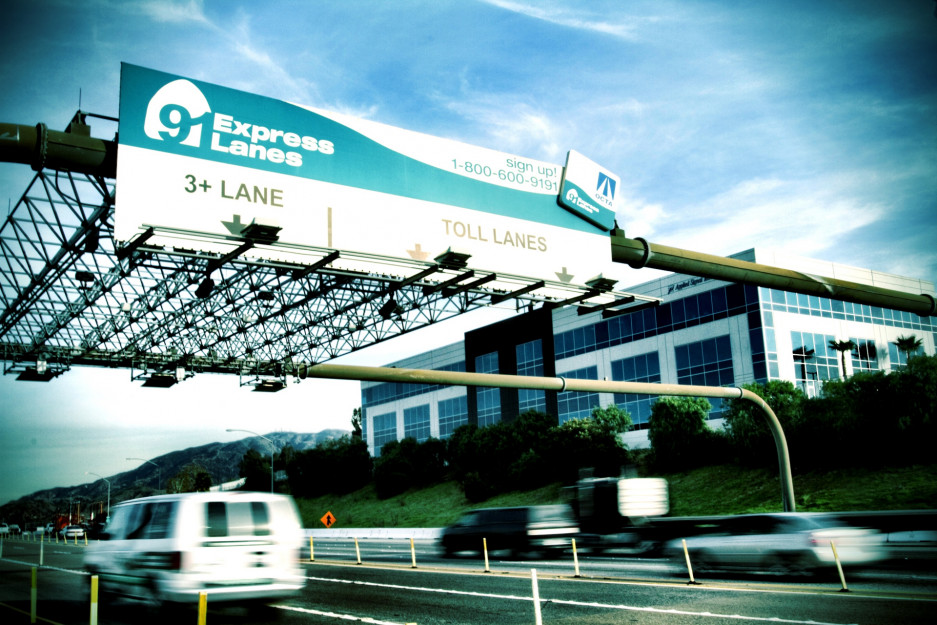
Over on the American west coast, VINCI Highways has operated the 91 Express Lanes toll route in California since 1995. This road is a flagbearer for free-flow, one of the first in the world to adopt the system. It proved such a success that the approach has been rolled out on a number of other toll routes.
Still in the USA, but moving further eastward, five motorways and expressways in the Texas cities of Tyler and Austin also boast very fluid toll systems. The stakes are high here as the region is home to the well-known MoPac that connects to Austin International Airport. Fluidity is a fundamental concern on a network that sees 30 million transactions each year. Cofiroute USA, a subsidiary of VINCI Highways, has managed toll services on this route since 2018. The local team has designed a free-flow payment service and provides back-office management, collection of users’ data and transmission of payments to the local authorities in addition to handling customer relations with drivers.
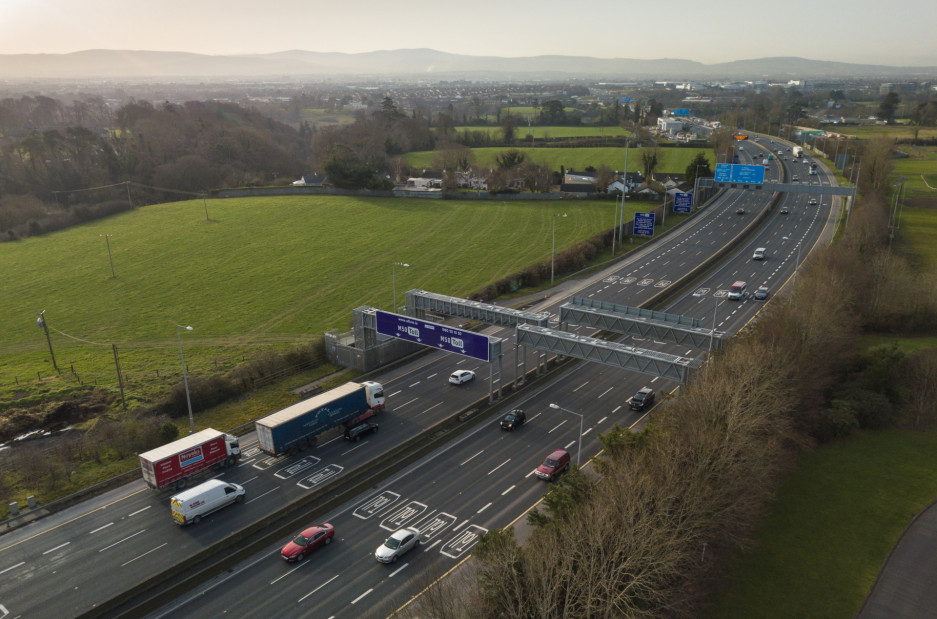
A global approach has also been developed in Ireland, Dublin, by Turas, a joint-venture between VINCI Highways and Abtran, Ireland’s leading provider of customer and business process management services. Once again, there is a lot at stake. The goal is to deliver a safer and more seamless driver experience on a route that is critical to local mobility and the local economy: the M50 Dublin ring-road, the country’s busiest road. Every day, 145,000 drivers benefit from the simplicity of the free-flow payment system. Turas has also set up a call centre and is responsible for managing all data.
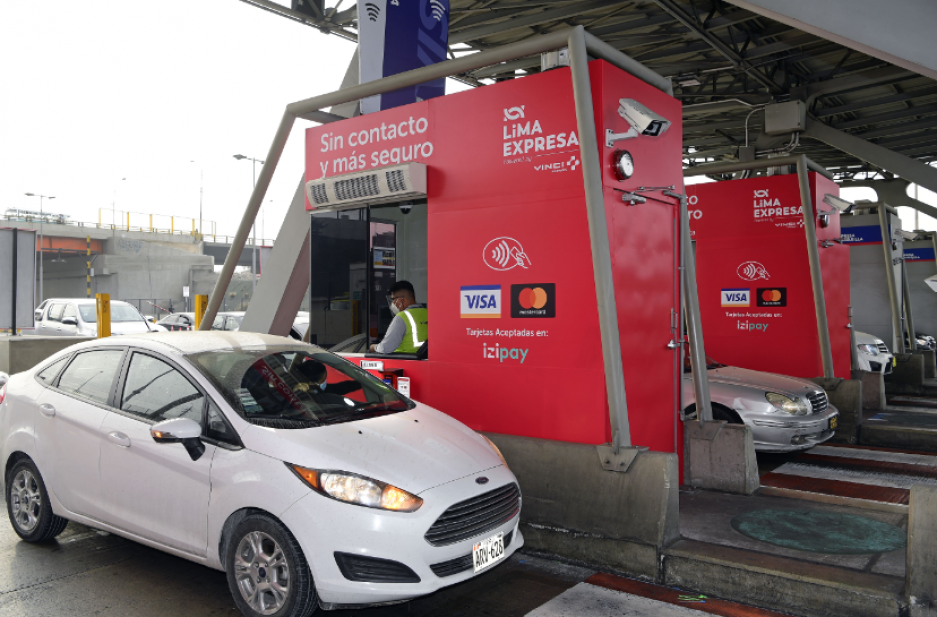
But VINCI Concessions has no intention of rolling out a one-size-fits-all solution in every part of the world. We believe that technology responses must be tailored to reflect local contexts and expectations.
Traffic in Lima, Peru, home to 12 million residents, is very dense. In late 2020, Lima Expresa, a subsidiary of VINCI Highways, developed the option of paying tolls using a bank card or contactless technology. A faster and more environmentally friendly solution which is also safer during a pandemic.
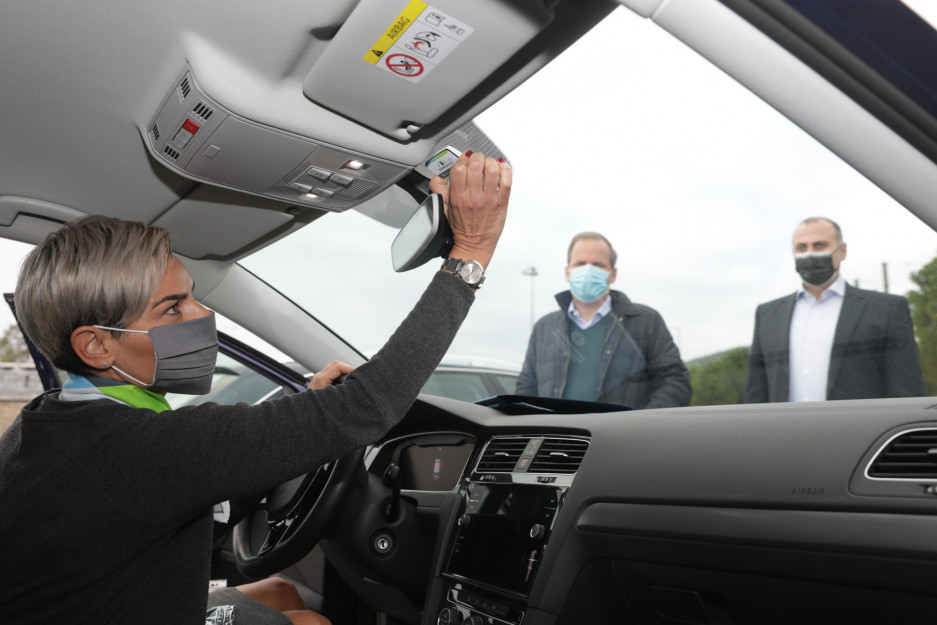
Charging per kilometre: the price is right
We all know that the right price is the best price. This golden rule in business also applies to mobility. In Greece, it takes the form of charging per kilometre, an innovation unveiled by Olympia Odos, another European subsidiary of VINCI Highways. The system combines extreme simplicity (for drivers) with innovative technology: a new hybrid toll system capable of calculating the actual distance a vehicle has travelled. Drivers using the Olympia Pass are charged the exact amount that corresponds to the number of kilometres travelled. The system can lead to toll reductions of as much as 76%.
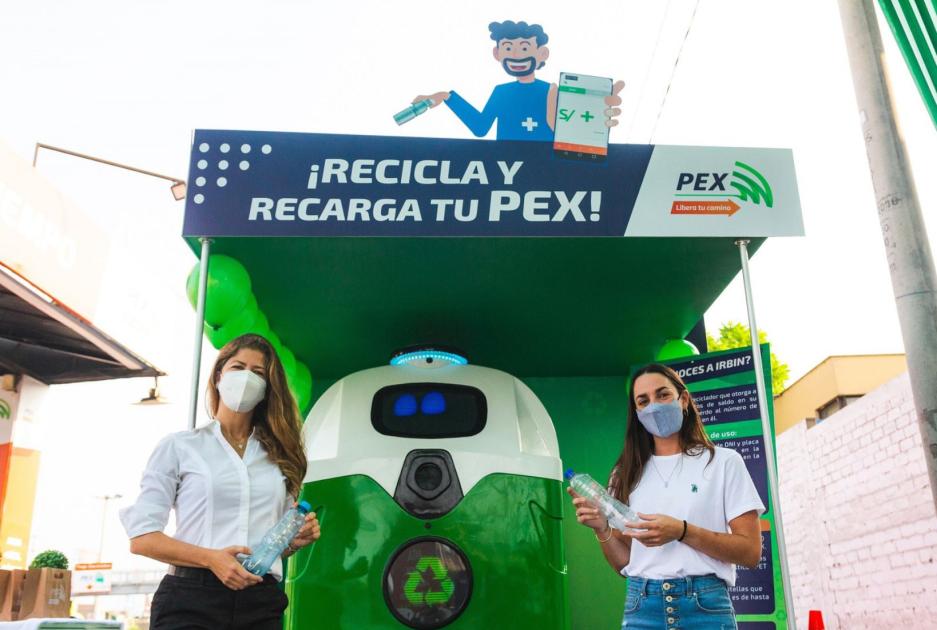
Recycle to pay
Back to Peru for the final leg of the world tour of toll innovations. New forms of payment can take many forms. Green Recharge is an initiative launched by Peruvian subsidiary Pex that gives drivers the option of paying for tolls and parking by recycling plastic bottles. A robot known as IRBIN evaluates the value of materials deposited and converts it to credits. To find out the exact amount, users simply check the total via the operator’s app on their phones, which can then be used for payment.
This solution promotes the circular economy, invents a new payment method, is accessible to all, and is socially positive: recovered bottles are sent for recycling by local companies, providing a real boost to this sector during the pandemic.